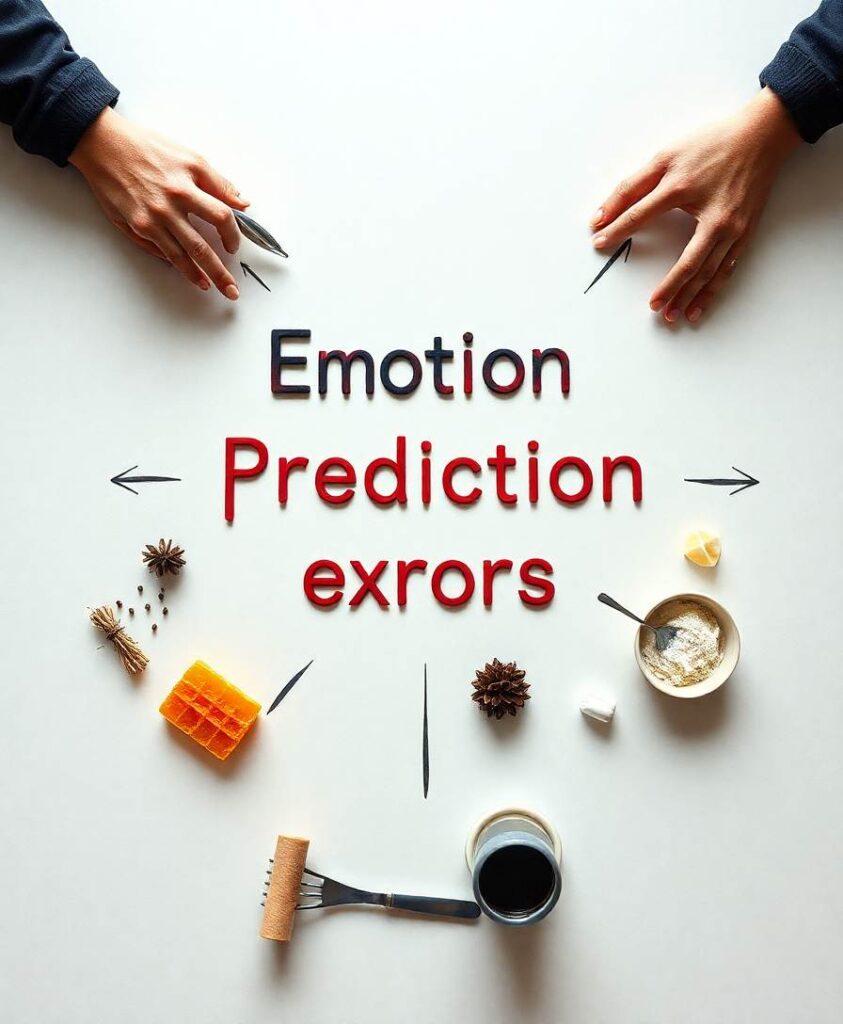The brain bases of emotion generation and emotion regulation
Emotion generation and emotion regulation are widely seen as functionally distinct. This distinction has inspired efforts to define separable brain bases of each, with emotion generation thought to involve mainly subcortical structures such as the amygdala, and emotion regulation thought to involve mainly cortical regions such as fronto-parietal cortices. However, emerging findings challenge strong neural separability accounts, revealing substantial overlap between brain systems underlying emotion generation and emotion regulation. In this opinion article we review evidence that supports and challenges neural separability. Based on this evidence, we propose an updated neural account using a valuation-systems perspective that incorporates both common and distinct brain bases of emotion generation and emotion regulation. Finally, we discuss implications for next-generation study designs, methods, and clinical interventions.
Aiyana is an Indigenous educator from Alberta, with a background in environmental science and community wellness programs. She volunteers as an author to explore how traditional knowledge intersects with modern neuroscience to unlock human resilience and potential.


